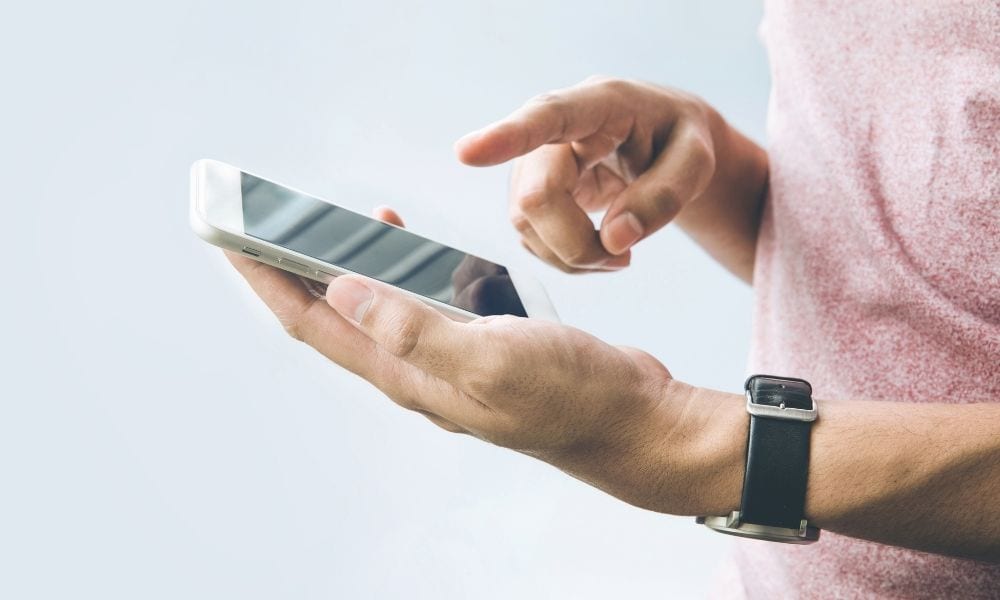

There’s no shortage of activities we participate in and objects we use every day, from sleeping to cooking our lunch in the microwave. Most of these activities and items seem innocuous at a surface level, but many of them can have detrimental effects on our physical and mental well-being. We all know that eating junk food isn’t good for us, despite doing it regularly, but did you know that taking vitamins every morning could be bad for your health? Let’s look at some everyday things that are damaging your health and the reasons why researchers and scientists think they’re doing more harm than good.
Almost everyone has a smartphone nowadays, and with good reason. Smartphones are addicting. We have the knowledge of the entire world at our fingertips and more options for entertainment than we know what to do with. Unfortunately, it’s not all rainbows and sunshine. Excessive cell phone usage can result in a wide variety of ailments, including problems falling and staying asleep.
Most experts agree that your cell phone screen’s blue light can suppress the brain’s production of melatonin, the hormone that makes you feel tired. Using your smartphone too much can also cause short-term vision loss. Checking your phone at night can cause you to lose sight in one eye for several minutes; however, the long-term effects of this, if any, are unclear. Of course, one of the most common concerns that people have about smartphones is cell phone radiation. Luckily, most manufacturers have started equipping smartphones with radiation shields, which help cut down on the amount of harmful radiation they produce.
Another everyday thing that’s damaging your health is your vitamins. While supplements are beneficial for people who are naturally deficient in the vitamins they provide, they won’t do much to reduce your risk of chronic diseases or slow the progression of cognitive decline. As an example, there are few reported benefits of antioxidants and B vitamins. Studies done on these supplements uncovered more negative effects than positive ones, such as high blood sugar or painful cramping. And if you’re taking biotin, be careful the next time you’re undergoing a lab test. A higher-than-normal dose of biotin can skew some test results, including ones that measure hormone levels and detect heart attacks. A single error on one of these tests could spiral into a life-threatening situation!
If you’re guilty of this one, you’re not alone. There’s a fine line between too little and too much sleep, according to science. An insufficient amount of sleep can lead to hypertension, diabetes, tissue-damaging inflammation, depression, heart disease, and obesity, amongst other things. We’ve all pulled an all-nighter and felt like a complete zombie the next morning. That’s because a lack of sleep can also impair your brain’s ability to function. Unfortunately, oversleeping won’t solve the problems that come with sleeping too little. Oversleeping can lead to poorer heart health and a higher risk of developing heart disease. And since the amount of sleep a person needs to function at their best varies, finding the right middle ground can be challenging.
Additional Resources:
Peanut Butter
Turmeric
Potassium
Magnesium
Protein
High Fructose Corn Syrup
Beef
Discover smart wine storage solutions for hot summer months without air-conditioning. Keep your bottles safe…
Throwing a wedding is exciting and stressful, as you try to make it exciting for…
Transform your living space into a luxurious retreat with these expert design strategies that introduce…
With free time, it’s important to find the activities and hobbies that bring you joy.…
Your website is the foundation of your brand's online presence. Potential clients often visit it…
Upgrading your home's interior doors can dramatically enhance the aesthetic, functionality, and value of your…